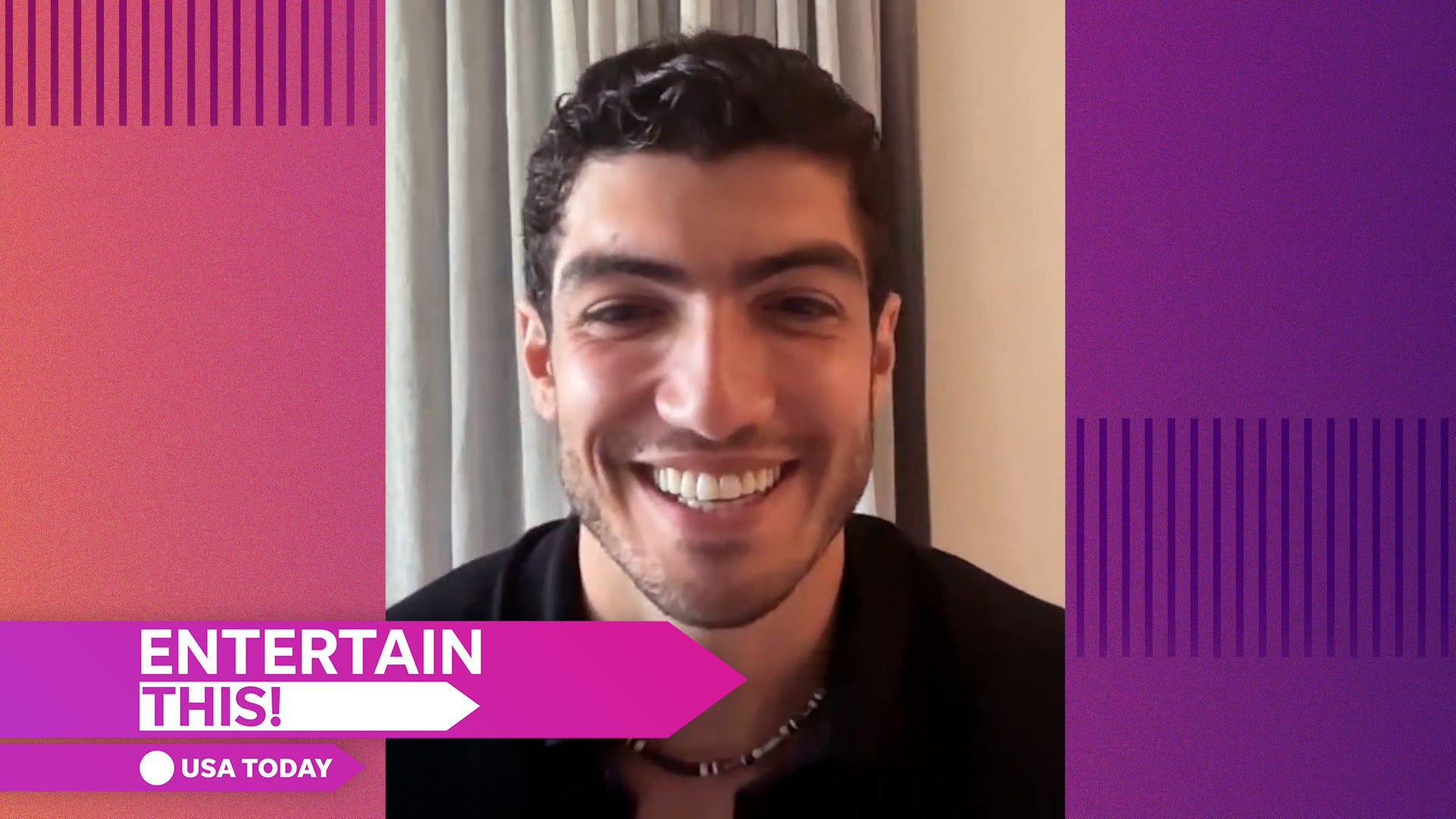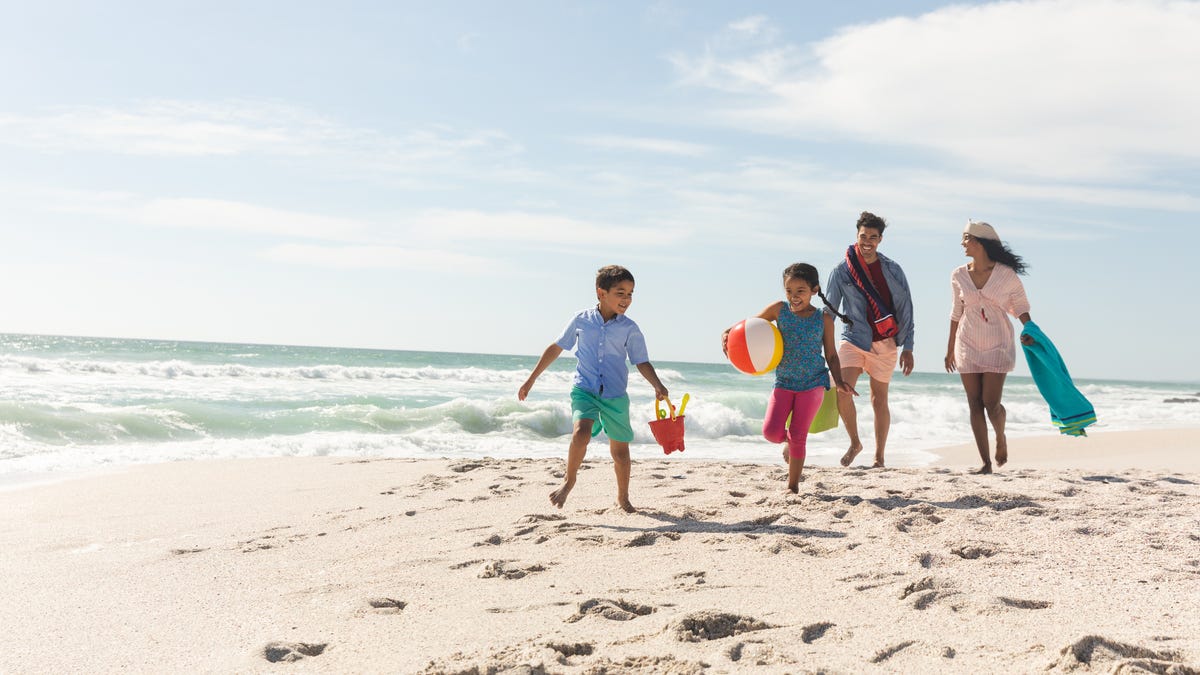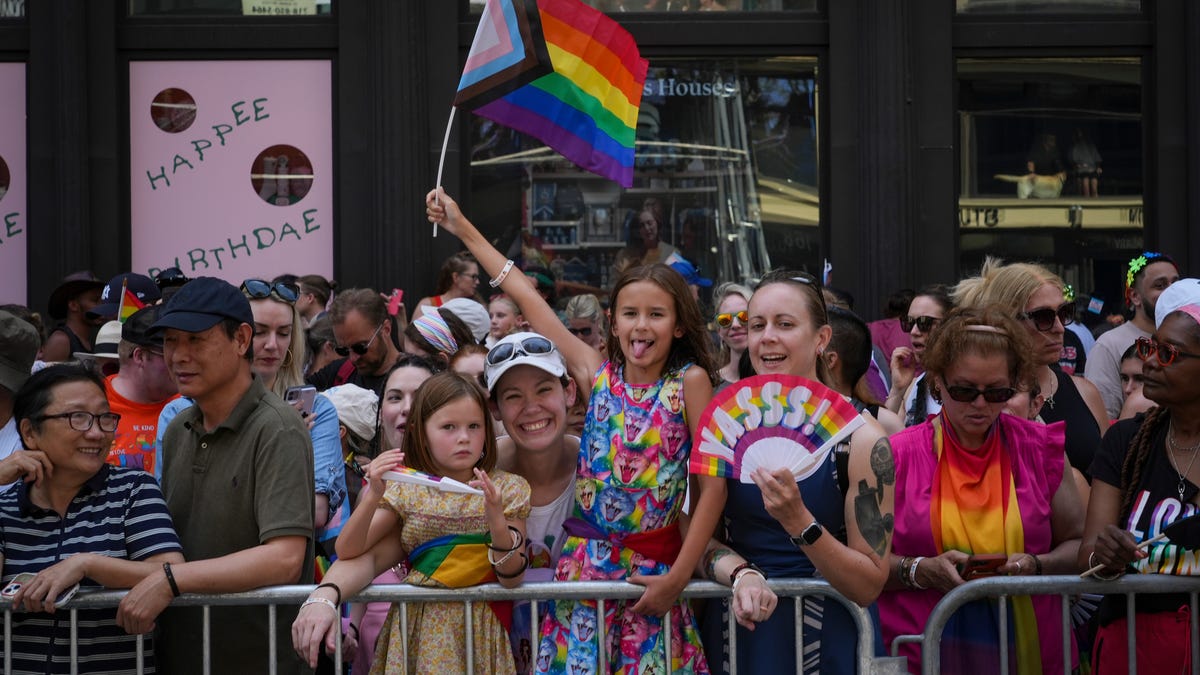
‘Love Island USA’ Charlie on Hannah and Pepe’s relationship
Charlie Georgiou watched his “Love Island USA” episodes — but doesn’t care to see Hannah Fields’ new relationship with Pepe Garcia-Gonzalez.
You’ll usually find Ariana Madix delivering cheeky one-liners and iconic clapbacks as the host of “Love Island USA,” but she has a more serious message for viewers who are taking their criticism of Season 7 too far.
“I do want to say something to some of those people who are online,” Madix said during the June 21 episode of “Aftersun,” the aftershow of the dating program. “Don’t be going on islanders’ pages and saying rude things.” She encouraged fans to delete negative posts, as the show’s cast remains secluded during production. “You still have time to delete all of that because the islanders don’t have their phones.”
The last few episodes of “Love Island USA” Season 7 have brought viewers a Megan Thee Stallion appearance, new connections, and another shocking dumping. But at the crux of it all has been a slew of online bullying from viewers, with Huda, a 24-year-old mom from Raleigh, North Carolina, taking the brunt of it.
In episode 7, viewers voted to split up her couple with Jeremiah and pair him with bombshell Iris, following criticism that their budding relationship was toxic. The backlash toward Huda and other cast members, such as Casa Amor’s Vanna, has been widespread, and mental health experts and viewers alike caution that online harassment can have severe consequences.
Multiple contestants have died by suicide after starring in the “Love Island” franchise, including Sophie Gradon and Mike Thalassitis, and presenter Caroline Flack. Though suicide experts explain suicide can rarely be attributed to a single factor, some involved with the show have grappled with relentless media coverage and online harassment. After Flack’s death, many people called for the show to be canceled.
On June 24, the show issued a statement that appeared on-screen ahead of the episode: “The keyword in Love Island is… love. We love our fans. We love our islanders. We don’t love cyberbullying, harassment or hate.”
Some viewers are rejecting the ‘Huda hate train’
While hate comments pour in, some viewers have come to the islanders’ defense.
“Dude I cry for Huda. I get why some people don’t like her but the sick memes of her daughter broke me. The internet is cruel always, but the people that make those thinking it’s funny is the problem,” one user commented on TikTok.
Vanna, a 21-year-old from Salt Lake City, Utah, has also received harsh criticism, with viewers speculating that she has undergone cosmetic procedures, including lip and chin fillers. Some are calling this criticism what it is — bullying.
“It hasn’t even been 24 hours and Vanna’s comments have been limited, y’all are BULLIES,” one user posted.
Reality TV can draw especially harsh reactions
Because reality TV is meant to be authentic and unfiltered, “it’s much easier for people who watch it regularly to connect with these characters and start to invest in them,” explains media psychologist Pamela Rutledge.
This can also lead viewers to form parasocial relationships with contestants, which, according to Elizabeth Perse, a professor emeritus of communication at the University of Delaware, is the “illusion of friendship” with a public persona.
Once contestants return home, this attention can be overwhelming, especially when it turns hostile, says trauma and relationship therapist Jordan Pickell.
“Even though contestants don’t know the commenters on social media personally, the relentless and pointed attacks can feel very personal,” Pickell says. “Human brains aren’t equipped to distinguish between real-life risks to safety and online attacks.”
The intense filming environment can stir up old traumas
On shows like “Love Island USA,” contestants are thrown into artificial high-stakes environments and completely cut off from the outside world, including their support systems.
“These are real people, many of whom likely carry their own trauma histories, now navigating an intense and highly controlled environment for other people’s entertainment,” Pickell explains.
When viewers broke up Jeremiah and Huda, Huda sobbed, asking, “Does America hate me?” It seems she’s this season’s villain.
But being portrayed as the villain on a reality TV show can cause someone to act out in ways they wouldn’t in their normal life. “They can lose touch with their own values and sense of identity in order to perform their role for the cameras,” Pickell says.
Once contestants return home, they’re forced to integrate their persona from the show into their reality, while also navigating an influx of online attention.
“Contestants may have signed up for the show, but they didn’t sign up for the trauma and harassment that can follow them home,” Pickell says.
Contributing: Erin Jensen, Elise Brisco








